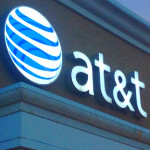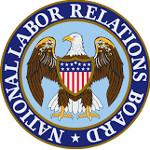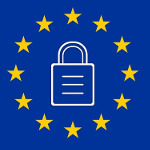Enforcement Actions at Consumer Watchdog Agency Halt Under Trump
In the 135 days since the Trump administration took control of the nation’s consumer watchdog agency, it has not recorded a single enforcement action against banks, credit card companies, debt collectors or any finance companies whatsoever, according to an Associated Press review.
Reporter Ken Sweet writes that’s likely no fluke: “Mick Mulvaney, appointed acting director of the Consumer Financial Protection Bureau in late November, promised to shrink the bureau’s mandate and take a much softer approach to enforcement, and records reviewed by The Associated Press indicate he has kept his word.”
Tthe bureau issued an average of two to four enforcement actions a month under former Director Richard Cordray, President Obama’s appointee. But the database shows zero enforcement actions have been taken since Nov. 21, 2017, three days before Cordray resigned.









